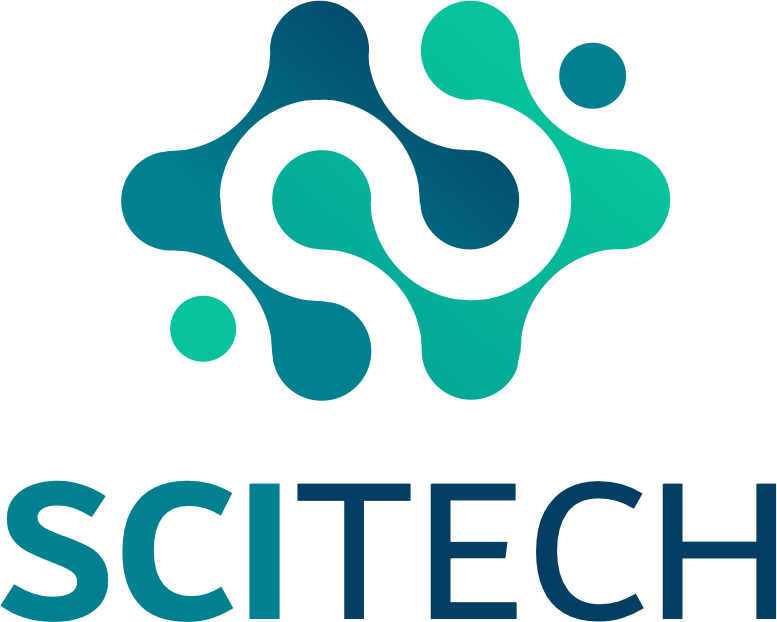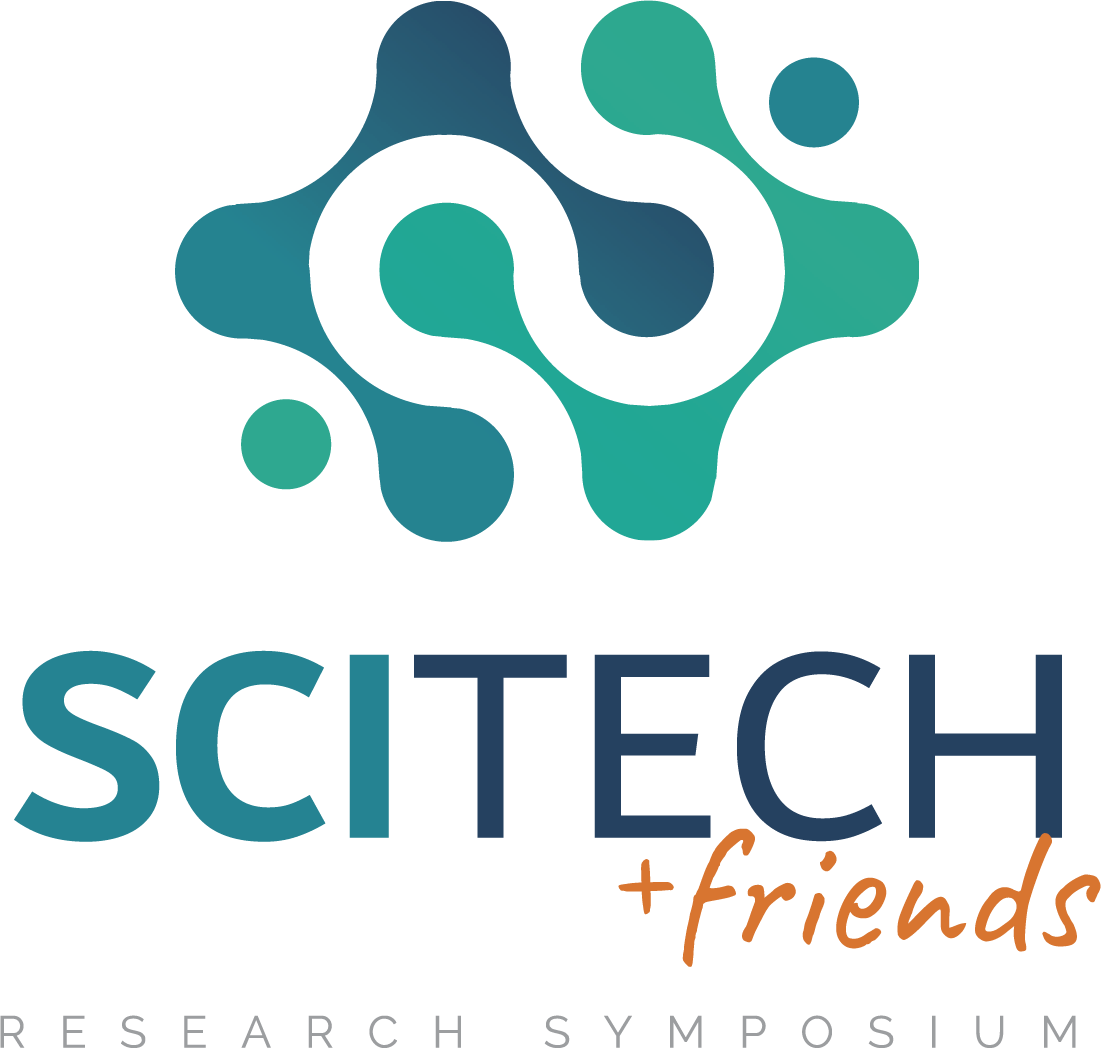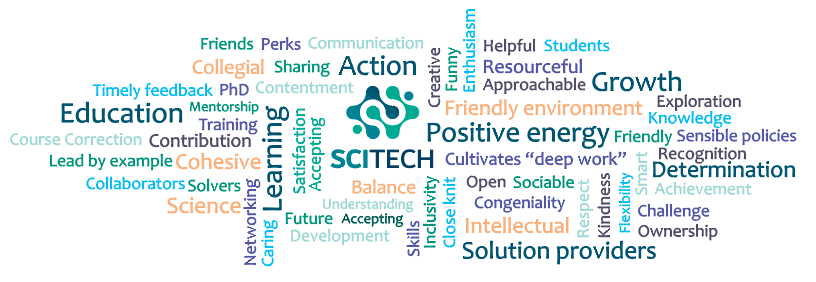George Papadimitriou Wins PEARC '20 Award For Creating System For Facilitating Efficiency of Research

At the Practice & Experience in Advanced Research Computing (PEARC) conference, which took place from July 26-30, ISI graduate assistant George Papadimitriou won the Best Student Paper Award for his research on Pegasus workflow submission nodes.
Papadimitriou’s studies focus on Data Intensive Applications and Distributed Computing. For this research paper, Papadimitriou led the project under the advisement of Ewa Deelman, research professor of computer science and principal scientist at USC ISI, and the aid of Karan Vahi, the team’s senior computer scientist.
Though Papadimitriou is no stranger to getting recognition for his groundbreaking research, he expresses his endless gratitude for the award.
“Getting awarded by the community is a validation of the importance of my work and it inspires me to work harder and explore more research opportunities in these areas,” he said.
The award paper, titled “Workflow Submit Nodes as a Service on Leadership Class Systems”, details the creation of processes which accelerate and simplify the submission of Pegasus workflows for scientists and researchers. Workflows are organized sequences of well defined tasks which are carried out to fulfill a certain desirable outcome, and are used across all industries to facilitate processes that would otherwise be complicated and time-consuming. In essence, the creation of workflows greatly contributes to the efficiency (automation) and reliability (reproducibility) of a research or business model because it eliminates the hassle associated with manual input.
With the speed at which technology is advancing, automation has become a priority for researchers. Though scientists are supplied with increasing amounts of data, that also can lead to a harder time organizing these resources into useful systems. Fortunately, automation has the ability to assist the research process by saving large amounts of time and energy.
“New developments in infrastructure and tools always make me think how we can best use them to improve the way scientists access the computing resources available to them,” Papadimitriou said.
Papadimitriou’s research was inspired by the success of the Kubernetes cluster, a system created to automate various services for an application that would otherwise be tedious to manage manually.
“When I read about Kubernetes and the capabilities built in by the OLCF [Oak Ridge Leadership Computing Facility] administrators, I realized the importance of the automation offered by the Kubernetes cluster and the impact it will have on Pegasus workflow environments and scientists at OLCF,” Papadimitriou remarks.
Building upon the automation features of the Kubernetes cluster, Papadimitriou and his team sought to create a solution that can be easily adopted by scientists at the OLCF, as well as by the general public. After all, we could all benefit from a little bit of automation for our more mundane tasks.
Since the award, Papadimitriou has been keeping busy by expanding this research project towards large scale data processing and analysis, all while preparing for his PhD qualification exam. As for now, Papadimitriou’s award-winning research is currently available for use at GitHub for those who have access to OLCF.
As more scientists adopt the workflow submit nodes which Papadimitriou and his team have created, research can become a much smoother process.
Source: ISI News (Rene Van Steenbergen)




